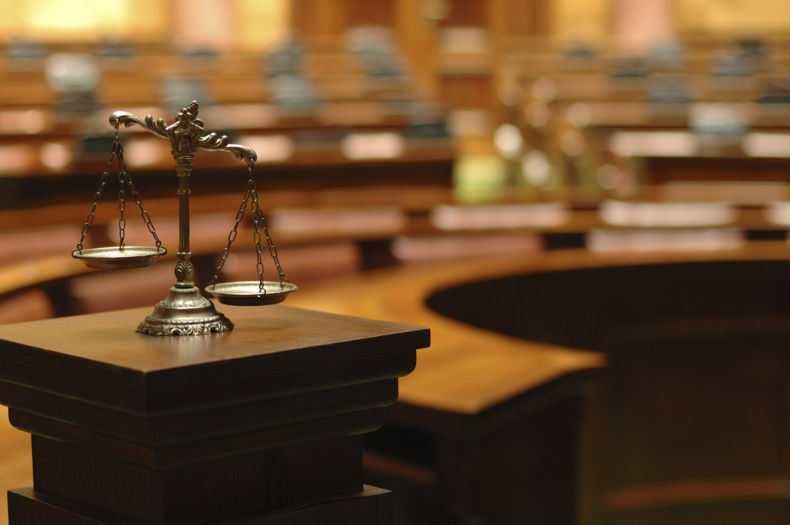Distracted driving is operating a motor vehicle, while performing any activity that distracts a driver’s attention from safely operating a vehicle. It includes any behavior that shifts concentration away from safe driving.
Many activities fall under the label “distracted driving.” The main types of distraction are obvious, like using your cellphone to text or check your social media. However, several other practices can be included under “distracted driving.” Some of these include: 1) smoking, 2) eating food, 3) using navigating system.
Many laws focus on electronic distractions, such as driving while texting or using a cellphone. However, non-gadget forms of distracted driving still occur, such as driving while shaving, applying makeup, or tending to a pet.
Distracted drivers can cause motor vehicle crashes, injuries, and fatalities. They can also face citations for traffic violations. Evidence of distractions can be used to prove negligence or recklessness in an auto accident injury lawsuit. Moreover, distracted driving is an umbrella term covering many behaviors, with every state enacting laws against it. States use various approaches to defining distracted driving, from general to very specific bans on distractions.
Some states define distracted driving through general distracted driving laws. These laws do not specify which exact activities are forbidden. Instead, they set general parameters. General distracted driving statutes typically define distracted driving as doing something while operating a motor vehicle that impacts one’s focus on the road.
Even in states without a specific ban on driving while using a cellphone, doing so without a hands-free device may violate general distracted driving laws. Texting while driving can be just as dangerous as driving under the influence of alcohol or other drugs. Because of this, many states have enacted laws that expressly ban driving while texting. These laws often bar the use of electronic messaging devices, most often cellphones. Older technology used to send and receive text messages (such as PDAs and pagers) can also be banned.
If you or a loved one is in a bind as a result of a criminal charge (traffic related or otherwise), immediately contact a Seattle Criminal Attorney. A Criminal lawyer is not going to judge you and understands that everyone makes mistakes. Hiring a Seattle Criminal Lawyer to help can – at a minimum – reduce penalties and can help direct people on how to best deal with their criminal charge, and many times even get them dismissed. So, it should go without saying that someone cited for a misdemeanor or felony should hire a qualified Seattle Criminal Lawyer as soon as possible. Criminal charges can cause havoc on a person’s personal and professional life. Anyone charged with a crime in Washington State should immediately seek the assistance of a seasoned Seattle Criminal Lawyer. SQ Attorneys can be reached at (425) 359-3791 and/or (206) 441-0900.


